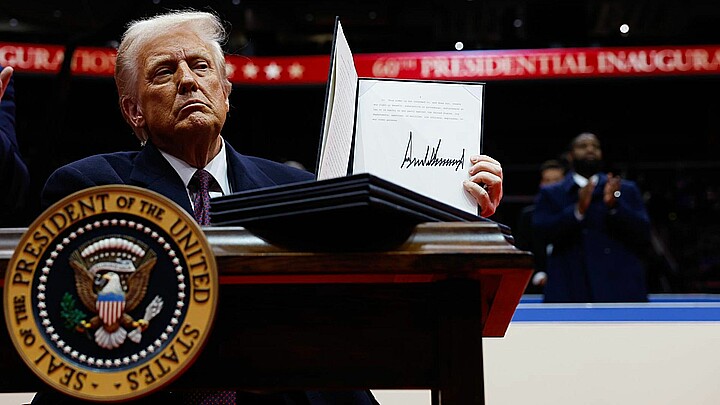Education
16 American universities sued over alleged anti-trust violations
University officials allegedly met in a consortium called the 568 Presidents Group since 1998 to fix their financial aid offers
January 12, 2022 6:34pm
Updated: January 13, 2022 3:22pm
Five former students filed an antitrust lawsuit late Sunday in Illinois, alleging that 16 top U.S. universities — including Yale, Georgetown and the University of Chicago — worked together to determine financial aid awards for students.
The universities listed in the lawsuit include Columbia, Dartmouth, Duke, Georgetown, MIT, Northwestern, Notre Dame, University of Pennsylvania, Brown, Cal Tech, University of Chicago, Cornell, Emory, Rice and Yale.
The complaint, filed in U.S. District Court for the Northern District of Illinois, alleges that the universities "participated in a price-fixing cartel that is designed to reduce or eliminate financial aid as a locus of competition, and that in fact has artificially inflated the net price of attendance for students receiving financial aid," The Washington Times reported.
According to the former students, university officials from the 16 schools named in the lawsuit regularly met in a consortium called the 568 Presidents Group since 1998 to fix their financial aid offers. Ultimately, the students allege, this led to the overcharging of more than 170,000 middle and working class families across the United States.
The complaint also quotes Karen Crowley, a former University of Pennsylvania admissions officer, as saying in 2009 that the school unofficially gives preference to “full-paying students” on its waitlist over those who require financial aid, especially when “endowments are down and cost-cutting is essential.”
The lawsuit ultimately seeks financial damages for students and an injunction to end the practice, which it claims violates federal antitrust laws.
However, every university cited in the lawsuit claims an exemption from higher education antitrust laws under a 1994 federal education law known as Section 568, which allows need-blind private schools to collaborate with their competitors.
Nevertheless, the suit alleges the universities fixed prices through a formula that was based on a "set of common standards for determining the family's ability to pay for college."
"This methodology assesses the income and assets of a given financial-aid applicant and their family to determine the applicant's ability to pay and thus the financial contribution that the applicant and their family is expected to make. The applicant's assessed ability to pay therefore is a key determinant in the net price of attendance," the complaint read.
"Under a true need-blind admissions system, all students would be admitted without regard to the financial circumstances of the student or student's family.”










